Conclavoscope - Cardinal Mauro Gambetti
Cardinal Profile and Assessment

Italian cardinal, Archpriest of St. Peter's Basilica and Vicar of the Pope for Vatican City, Franciscan, known for his balanced approach between tradition and renewed pastoral care.
| Criterion | Tendency |
|---|---|
| Moral doctrine | Centrist |
| Liturgy | Moderately progressive |
| Sociopolitical | Very progressive |
| Relationship with Pope Francis | Progressive |
| Dialogue | Progressive |
| Communication | Progressive |
| Overall tendency | Progressive |
Cardinal Mauro Gambetti has not publicly articulated specific positions on moral doctrines such as sexuality, abortion, or homosexuality. As a Conventual Franciscan, he likely upholds traditional Catholic teachings, but his focus has been more on pastoral care and service. Therefore, his stance on moral doctrine remains neutral.
As Archpriest of St. Peter's Basilica, Cardinal Gambetti has implemented reforms to liturgical practices, emphasizing communal celebrations over private Masses. He has reaffirmed restrictions on private celebrations of Mass in the basilica, aligning with Pope Francis's vision of a more communal liturgical life.
Cardinal Gambetti has been active in promoting social justice, particularly through initiatives like the 'Second Chance' Association, which focuses on prison reform and reintegration. He emphasizes the Church's role in addressing societal issues and advocating for the marginalized.
Cardinal Gambetti is closely aligned with Pope Francis, having been appointed by him as Archpriest of St. Peter's Basilica. He shares the Pope's vision of a Church that emphasizes humility, service, and outreach to the peripheries.
Cardinal Gambetti has participated in interreligious dialogues and events promoting peace and fraternity among different faiths. His involvement reflects a commitment to fostering mutual understanding and collaboration across religious boundaries.
Known for his humble and service-oriented approach, Cardinal Gambetti emphasizes communication guided by the Word of God. He advocates for a synodal Church that listens and engages with the faithful, reflecting Pope Francis's emphasis on pastoral care.
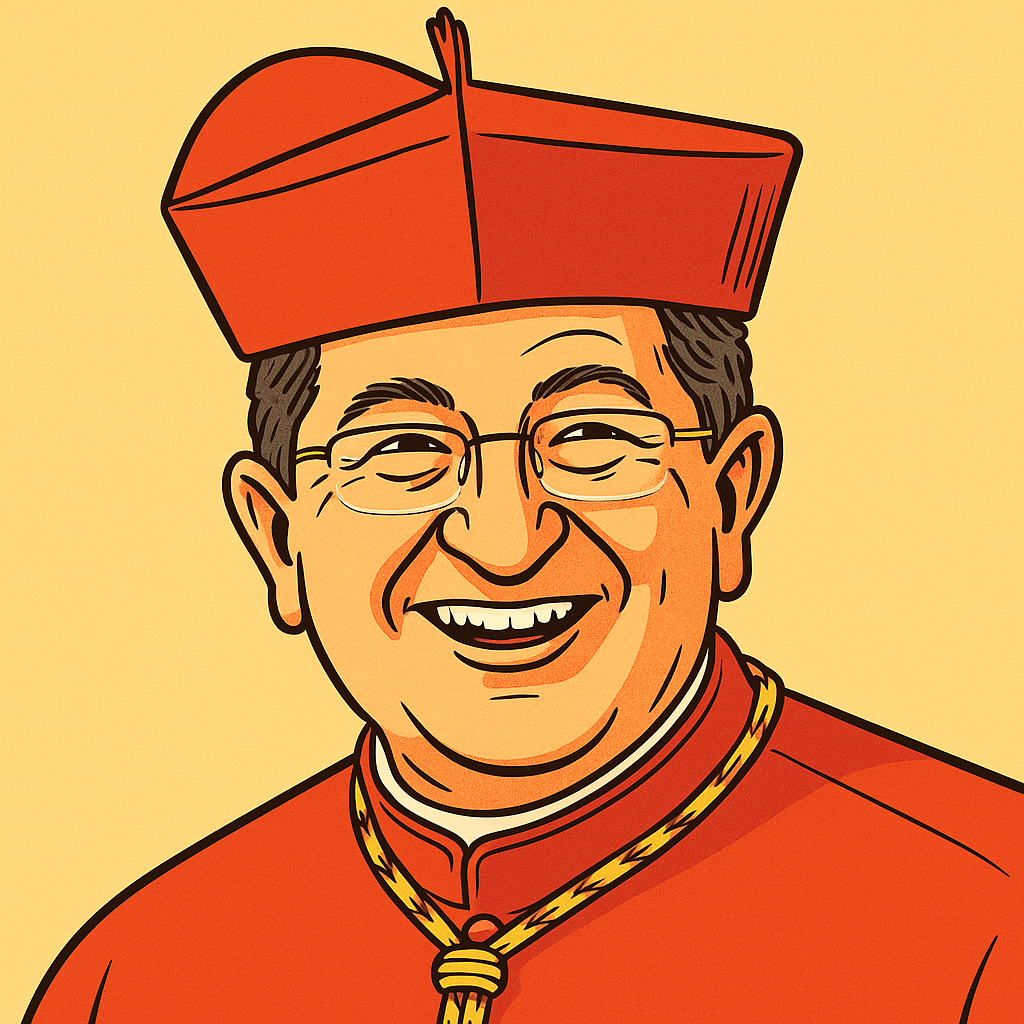
Italian cardinal, Archbishop of Florence, known for his conservative doctrinal positions and intellectual work, while remaining engaged in pastoral dialogue.
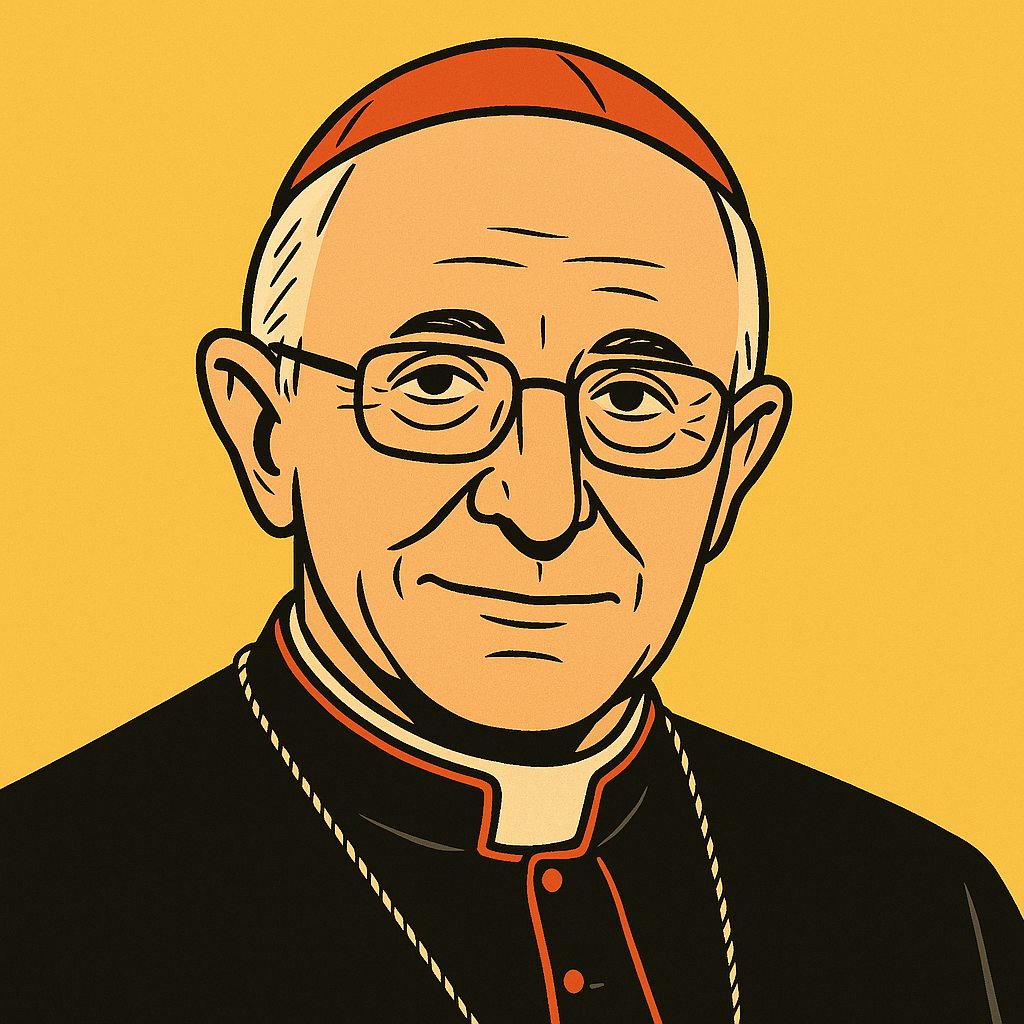
Italian cardinal, Grand Master of the Order of the Holy Sepulchre, former prefect of the Congregation for the Evangelization of Peoples, known for his missionary and diplomatic experience.
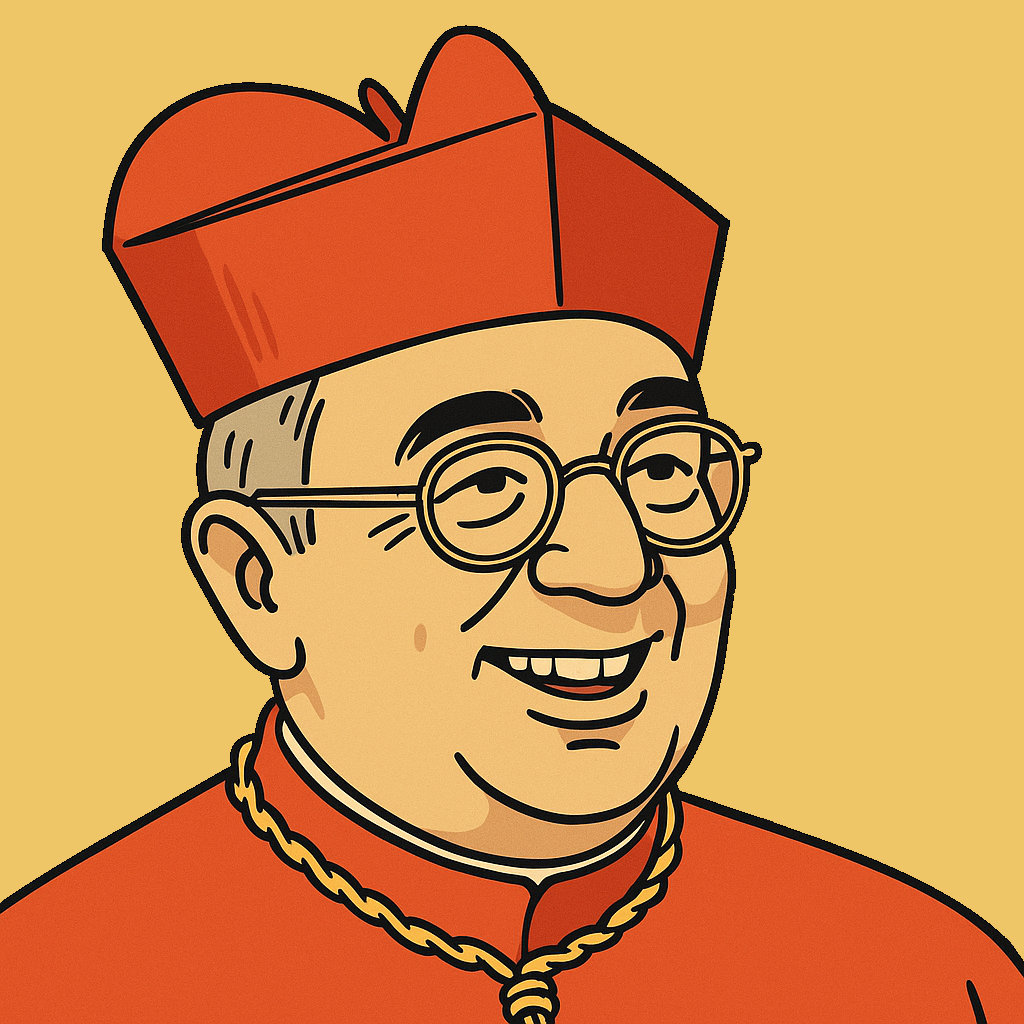
Italian cardinal, former vicar general of the pope for the diocese of Rome, known for his balance between liturgical tradition and moderate pastoral openness.

Rwanda
Rwandan cardinal, the first from his country, who lost his family during the genocide, known for his work on national reconciliation and his attachment to traditional doctrine.
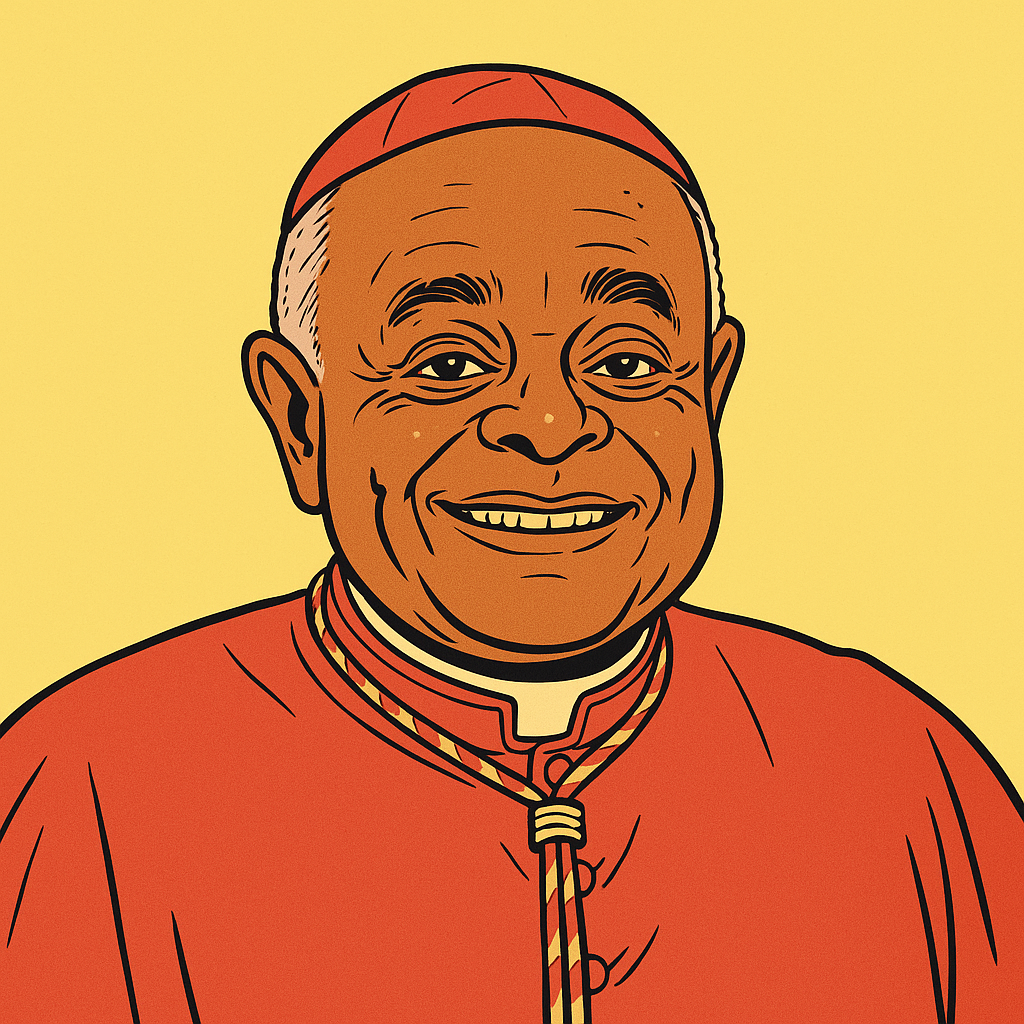
United States
American cardinal, Archbishop of Washington, first African-American cardinal, known for his leadership in the sexual abuse crisis and his balanced pastoral approach between tradition and openness.
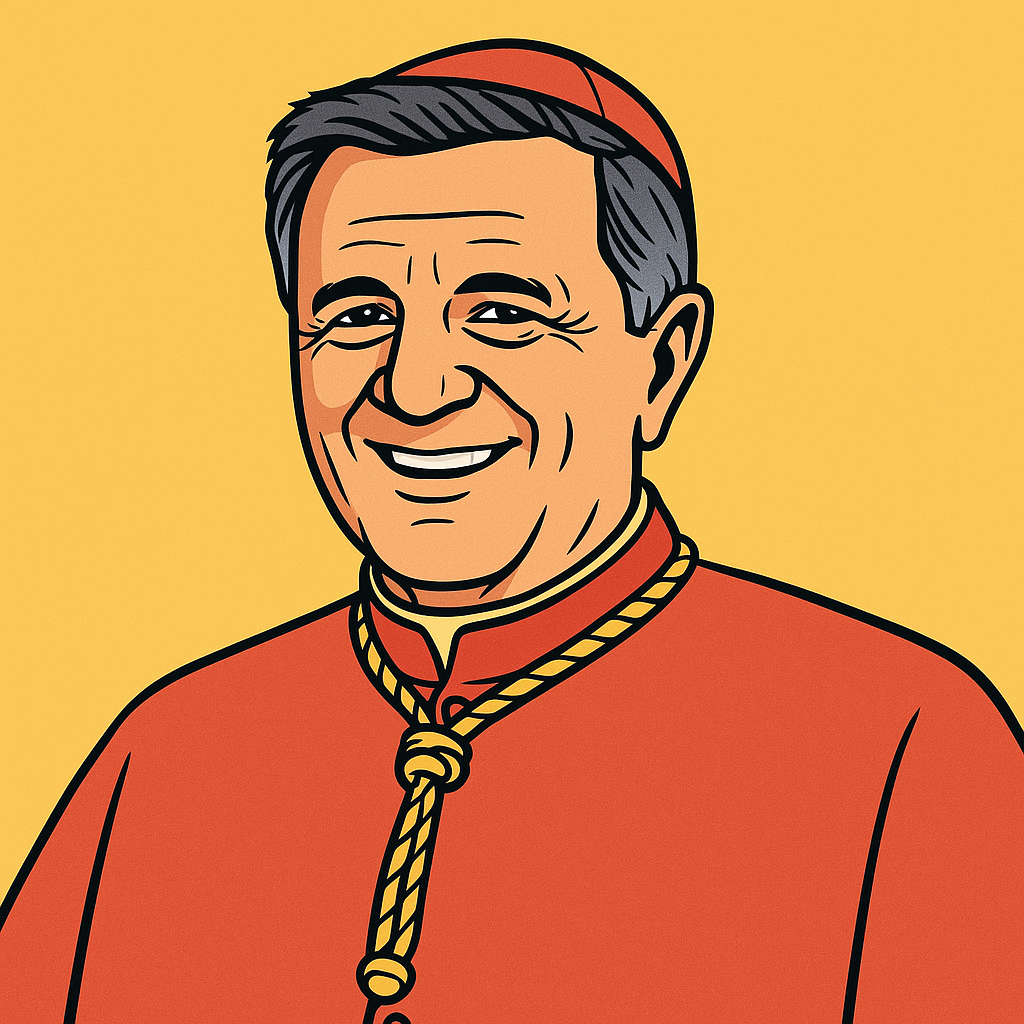
Malta
Maltese cardinal, Secretary General of the Synod of Bishops, known for his key role in the synodal process and his commitment to a more participatory and listening Church.
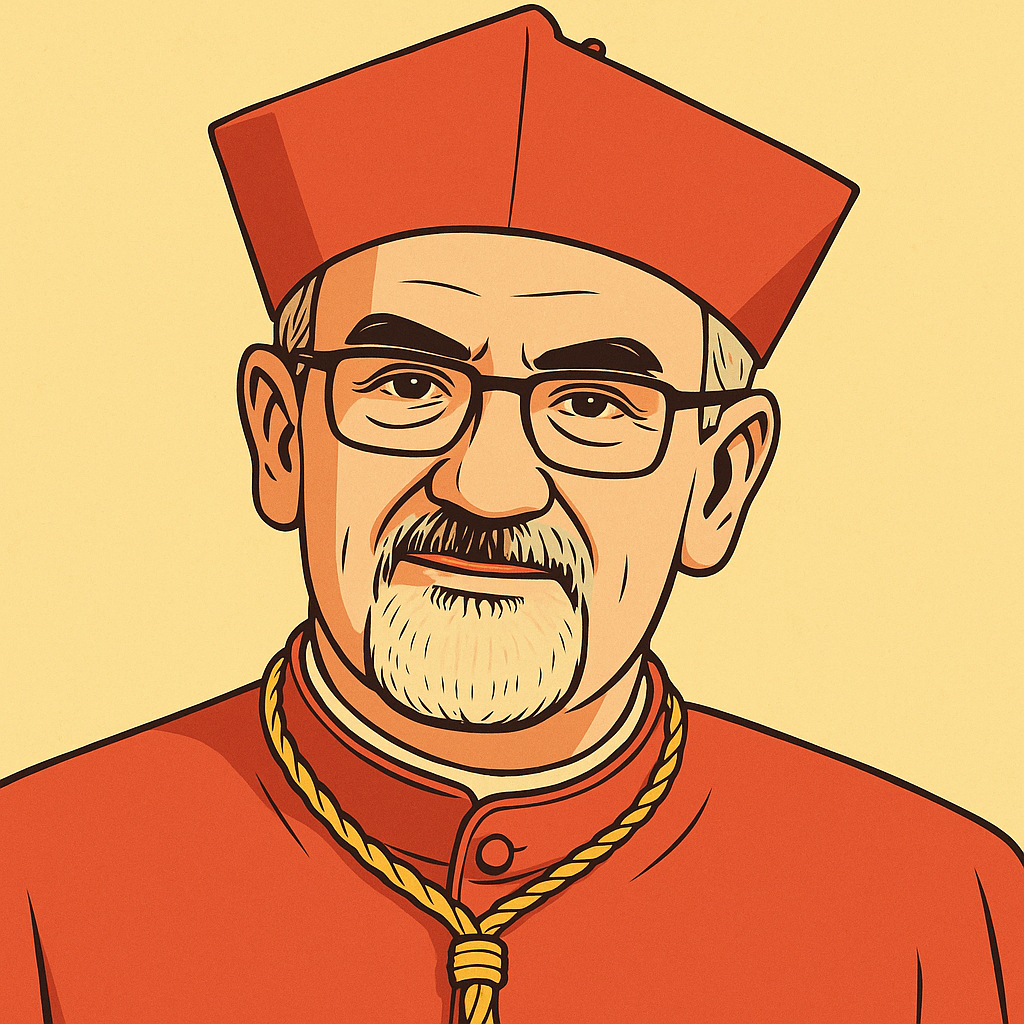
Israel
age: 60
Italian cardinal, Latin Patriarch of Jerusalem, Franciscan, known for his expertise on the Middle East and his balanced leadership in a context of political and religious tensions.
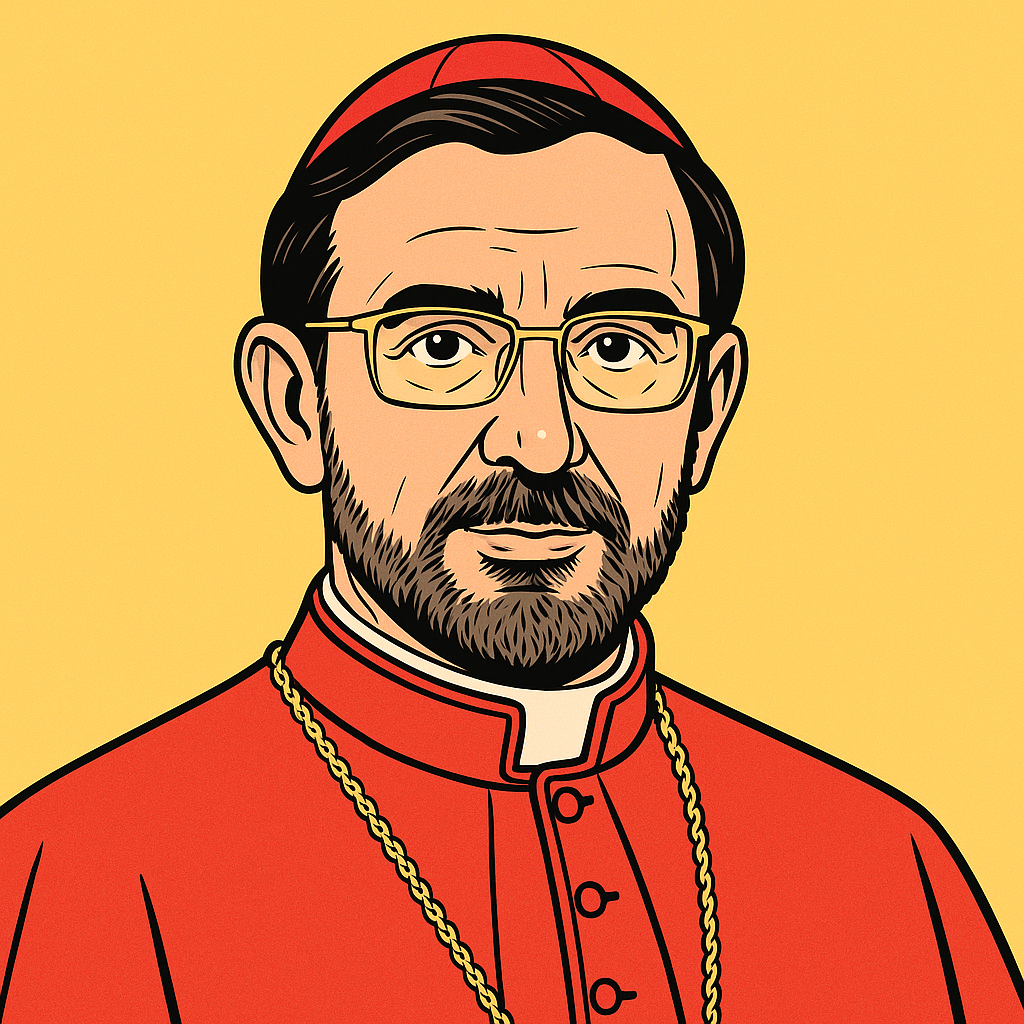
Spain
age: 60
Spanish cardinal, Archbishop of Madrid, known for his pastoral commitment in working-class neighborhoods and his approach of openness, while maintaining respect for tradition.
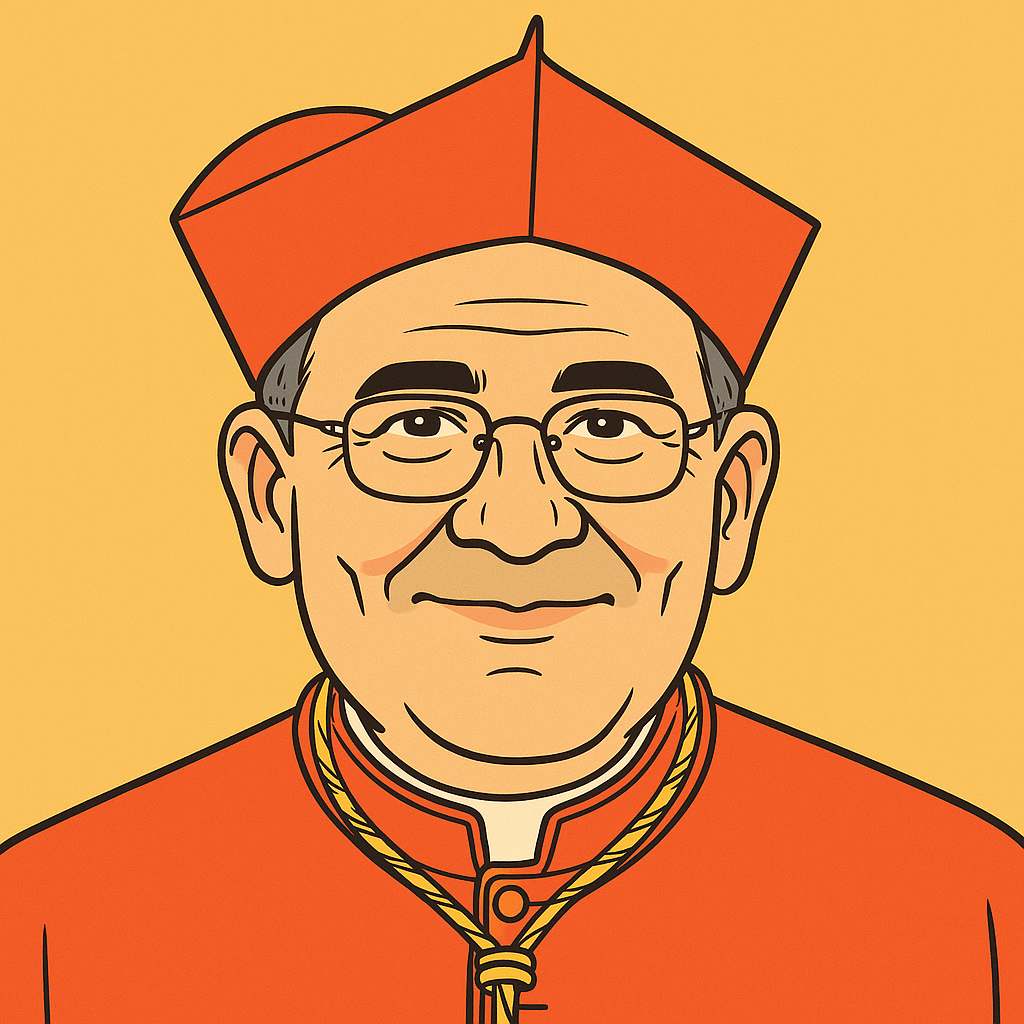
Portugal
age: 60
Portuguese cardinal, Prefect of the Dicastery for Culture and Education, poet and intellectual, known for his openness to dialogue with contemporary culture and his renewed pastoral vision.
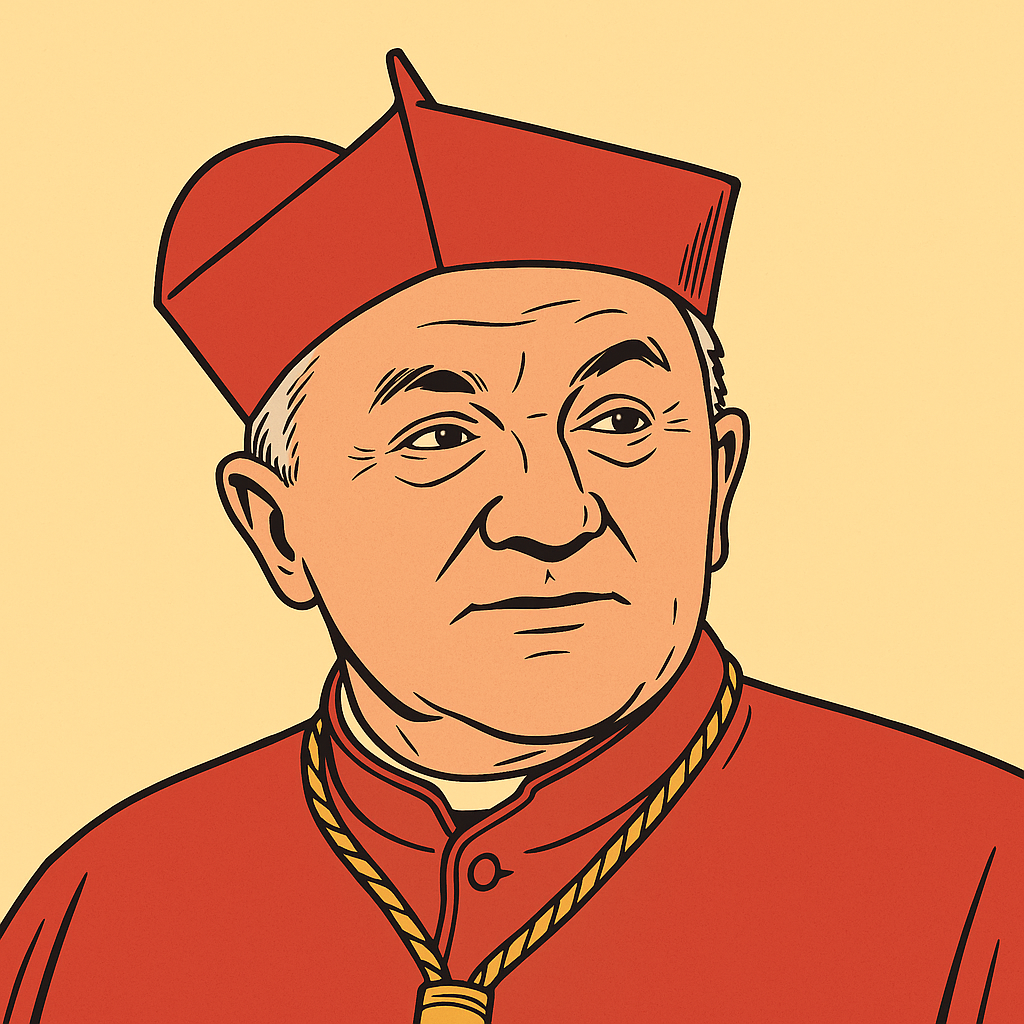
Poland
Polish cardinal, Archbishop of Warsaw, known for his balanced pastoral approach, combining Polish Catholic tradition with openness to dialogue in an evolving society.

Switzerland
Swiss cardinal, president of the Dicastery for Promoting Christian Unity, known for his theological expertise and ecumenical commitment, with a moderately conservative doctrinal position.
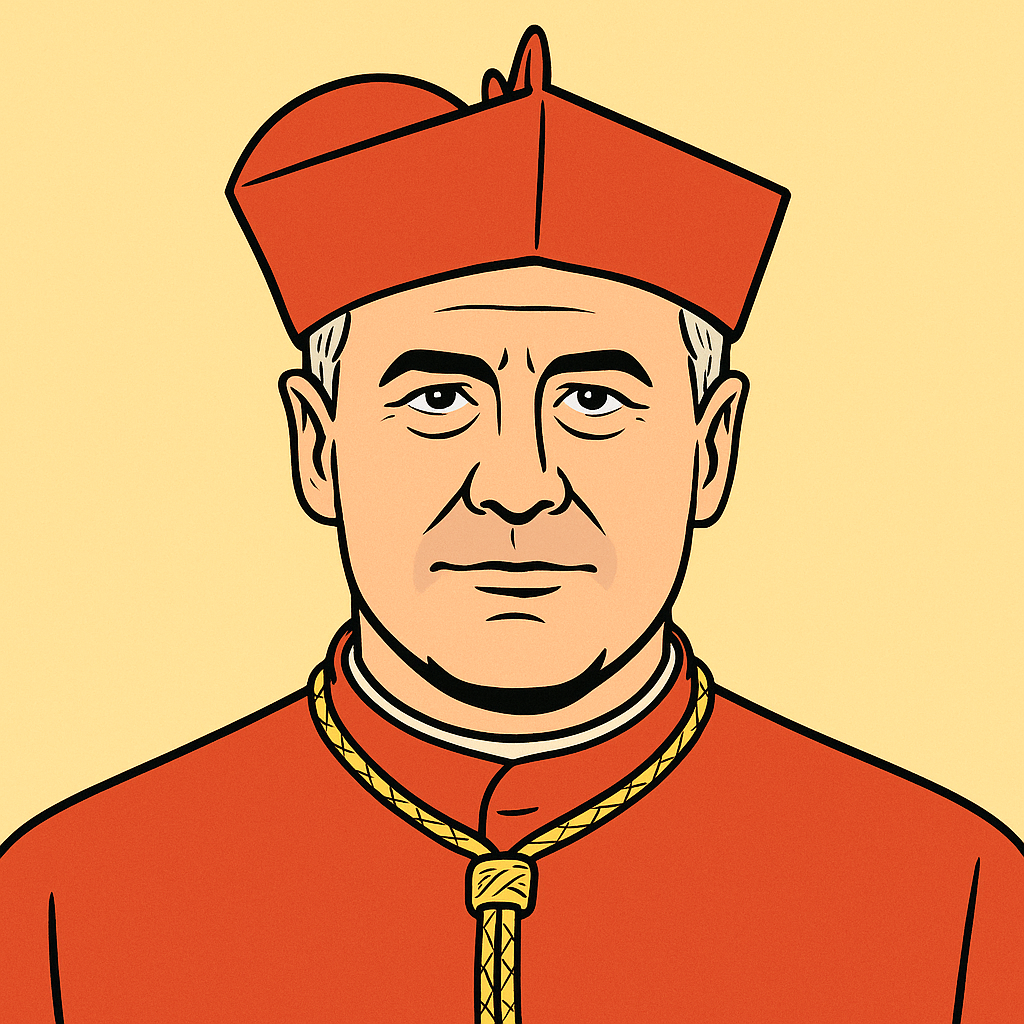
Lithuania
Lithuanian cardinal, administrator of St. Peter's Basilica, known for his administrative work and loyalty to the Holy See, with a balanced approach between tradition and pastoral modernity.

France
French cardinal, Archbishop of Marseille, known for his commitment to interreligious dialogue and his open pastoral approach in a multicultural city.
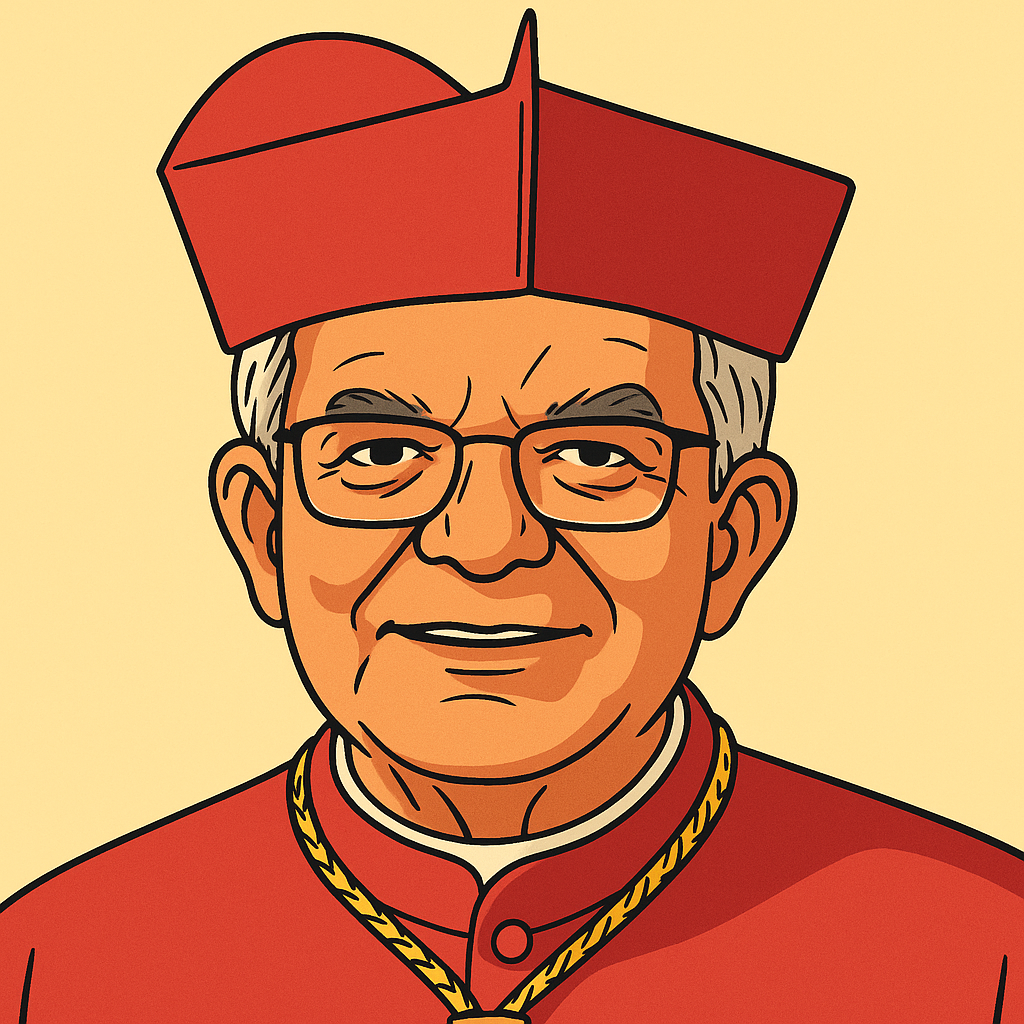
Paraguay
Paraguayan cardinal known for his pastoral commitment and moderate approach to social issues. The first cardinal in Paraguay's history.

South Africa
South African cardinal, Archbishop of Cape Town, known for his balanced leadership in post-apartheid South Africa and his pastoral work combining fidelity to doctrine and commitment to social justice.

Italy
Italian cardinal, Grand Master of the Order of the Holy Sepulchre, former prefect of the Congregation for the Evangelization of Peoples, known for his missionary and diplomatic experience.
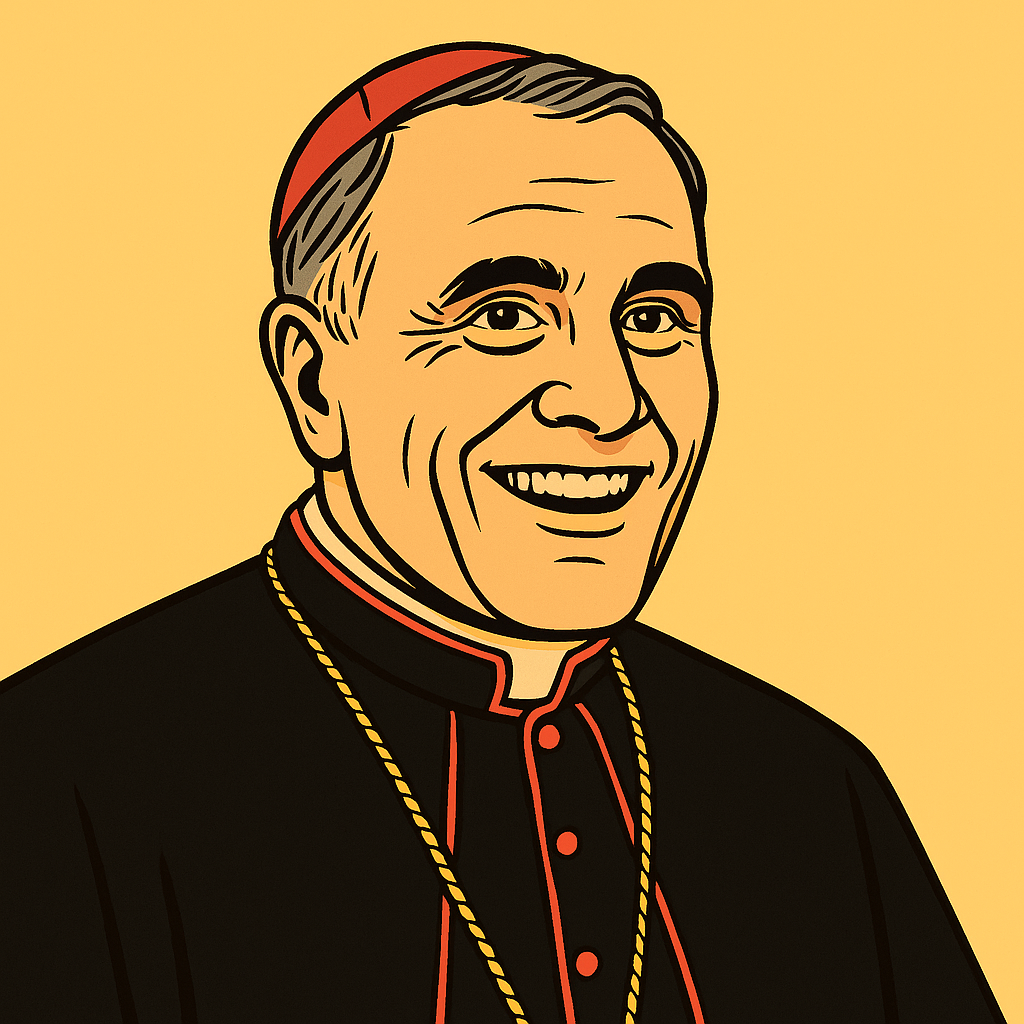
United States
American cardinal, known for his conservative positions on doctrine and liturgy, while seeking unity in a divided ecclesial context.
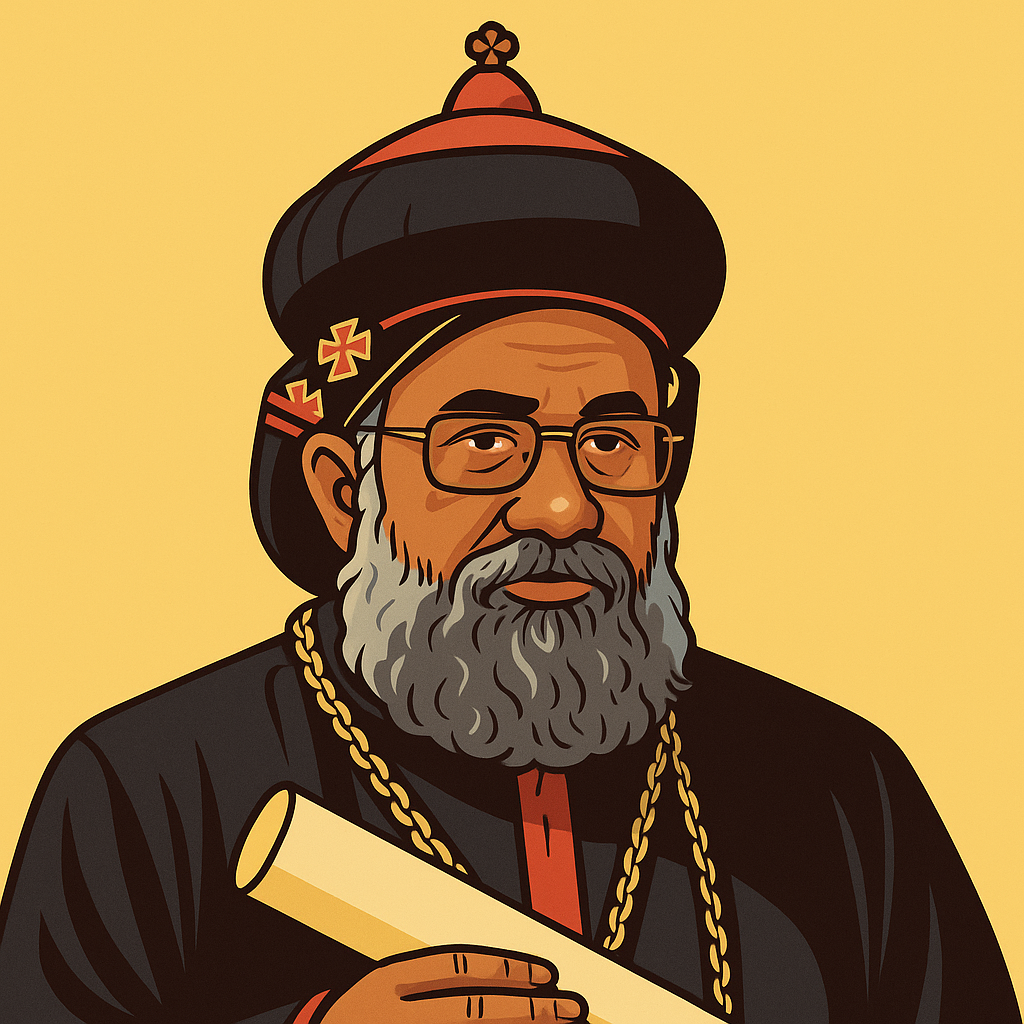
India
Indian cardinal of Syro-Malankara rite, known for his attachment to the Eastern traditions of the Church and his defense of traditional moral doctrine.

Italy
Italian cardinal, former vicar general of the pope for the diocese of Rome, known for his balance between liturgical tradition and moderate pastoral openness.
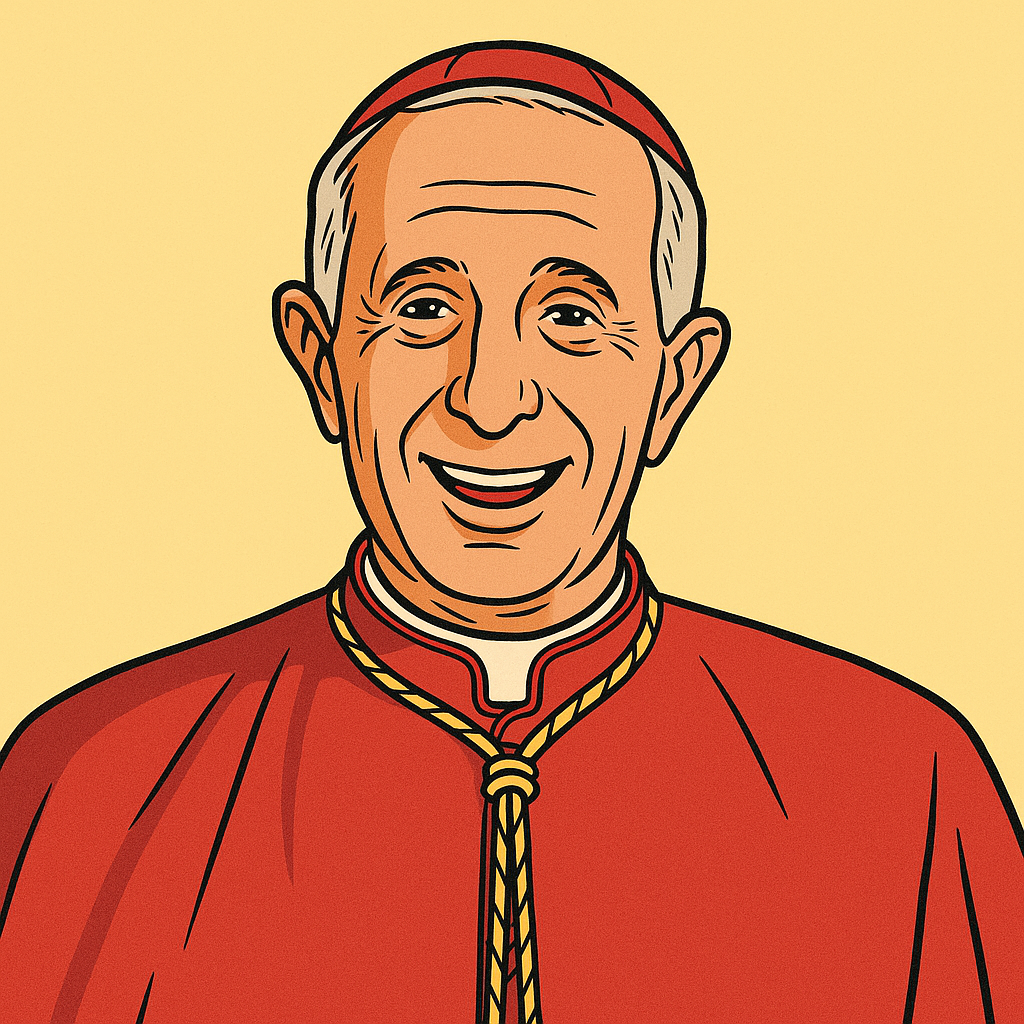
Argentina
Argentine cardinal, Archbishop Emeritus of Buenos Aires, successor of Pope Francis in this diocese, known for his discreet profile and balanced administration between tradition and renewal.
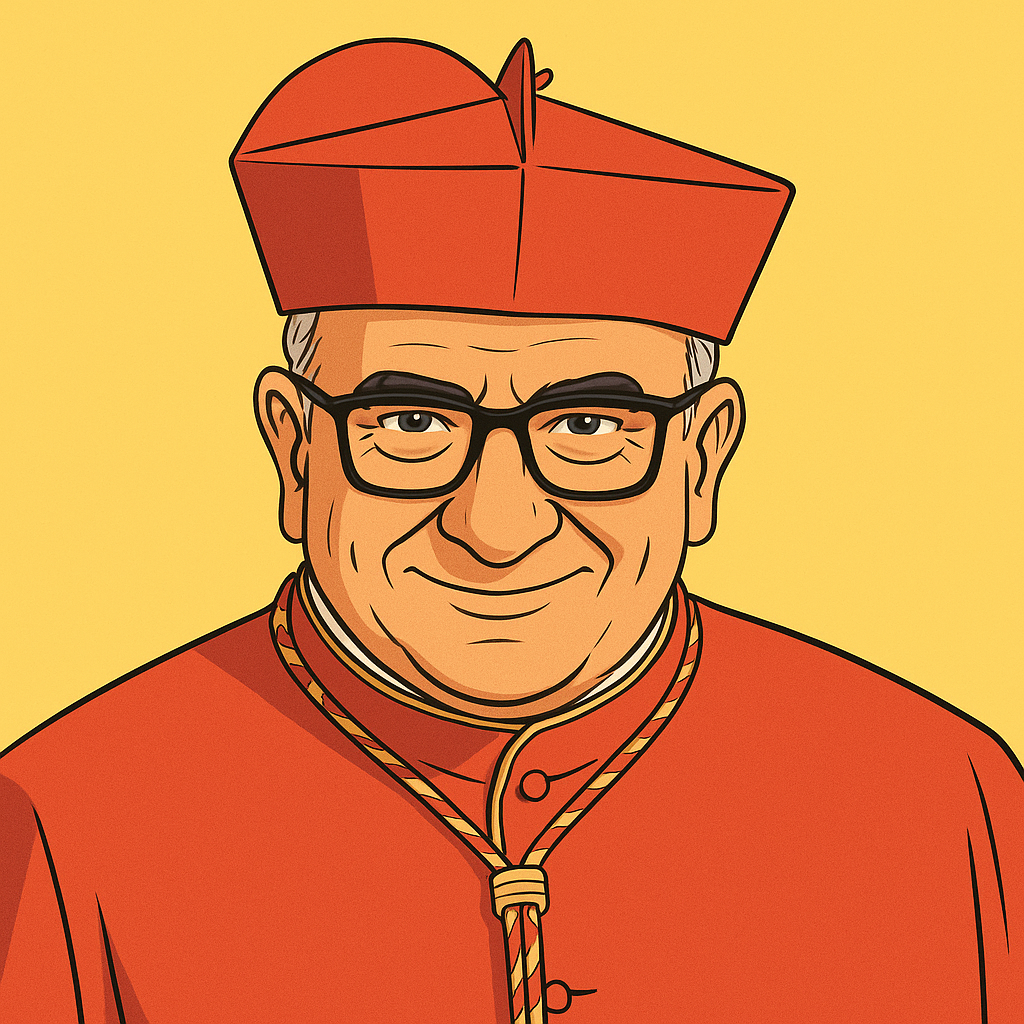
Chile
Chilean cardinal, Archbishop of Concepción, known for his conservative doctrinal positions and commitment to rebuilding trust after abuse scandals.
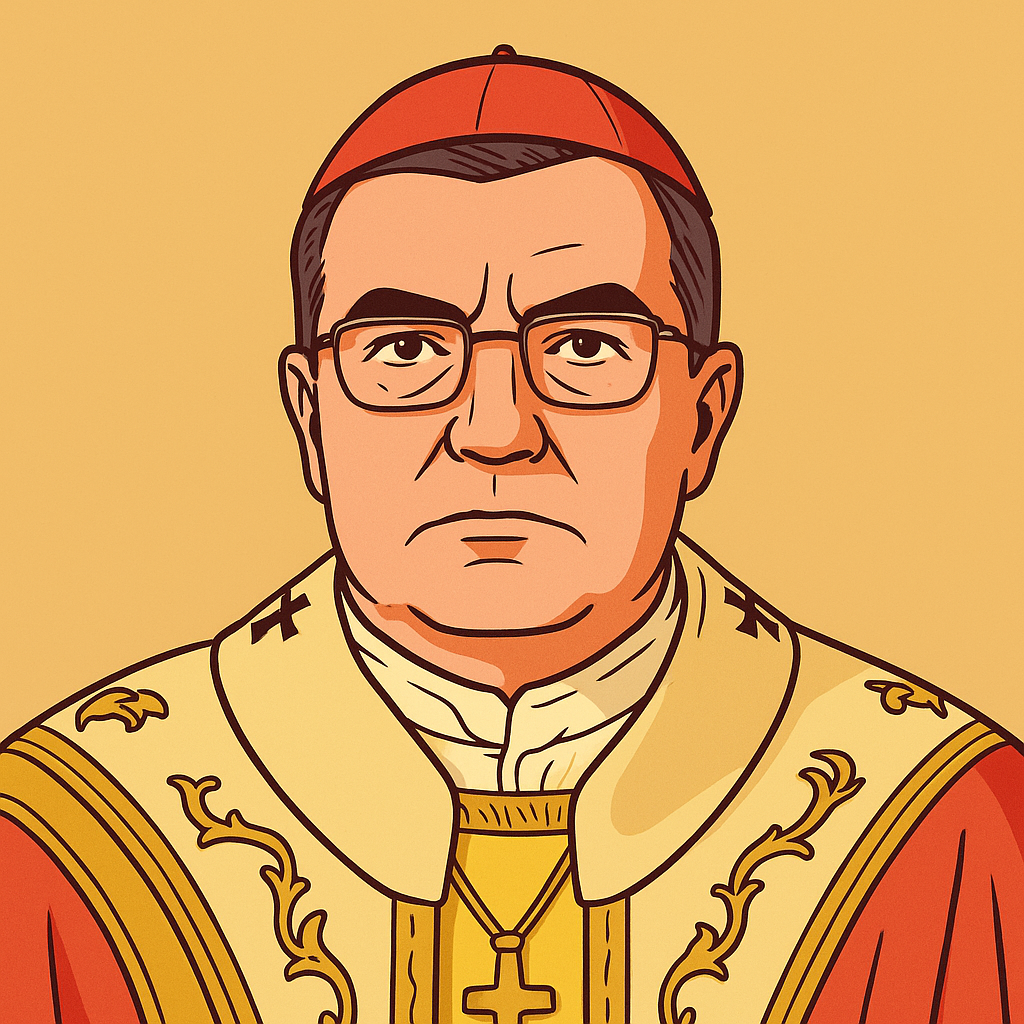
Croatia
Croatian cardinal, Archbishop of Zagreb, known for his conservative positions on moral issues and his commitment to traditional values in a post-communist context.
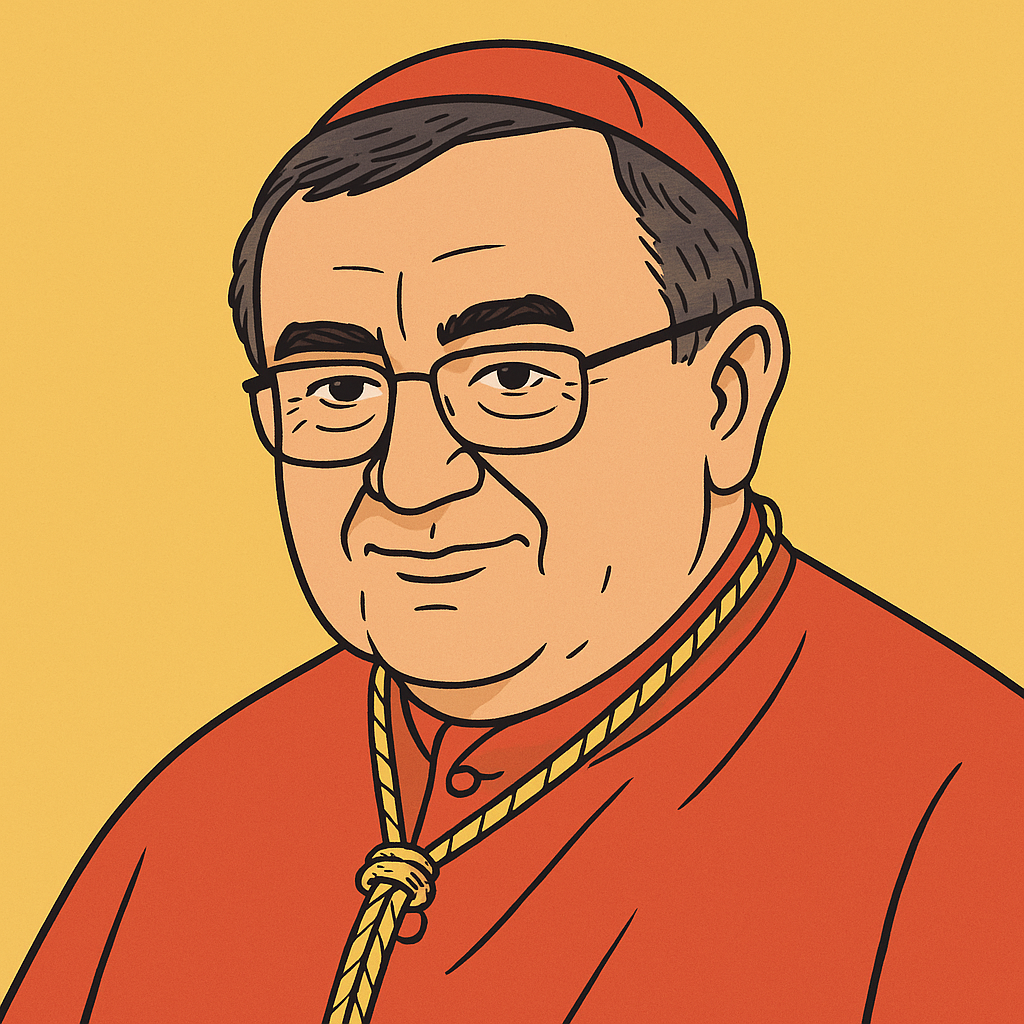
Bosnia and Herzegovina
Bosnian cardinal, Archbishop Emeritus of Sarajevo, known for his leadership during and after the Balkan War, his work for reconciliation and his defense of Catholic rights in the region.
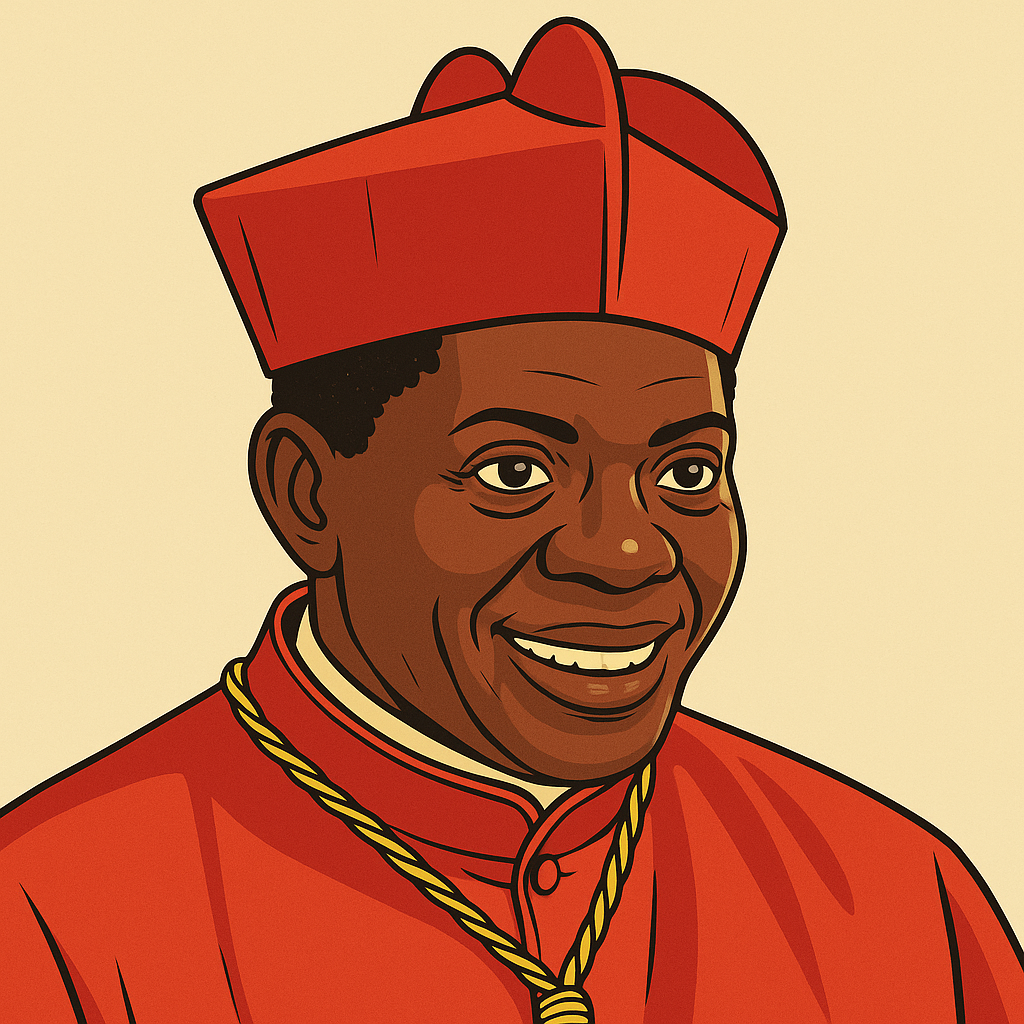
Tanzania
Tanzanian cardinal, Secretary of the Dicastery for Evangelization, known for his missionary expertise and balanced pastoral vision, combining doctrinal fidelity and cultural adaptation.

Israel
Italian cardinal, Latin Patriarch of Jerusalem, Franciscan, known for his expertise on the Middle East and his balanced leadership in a context of political and religious tensions.
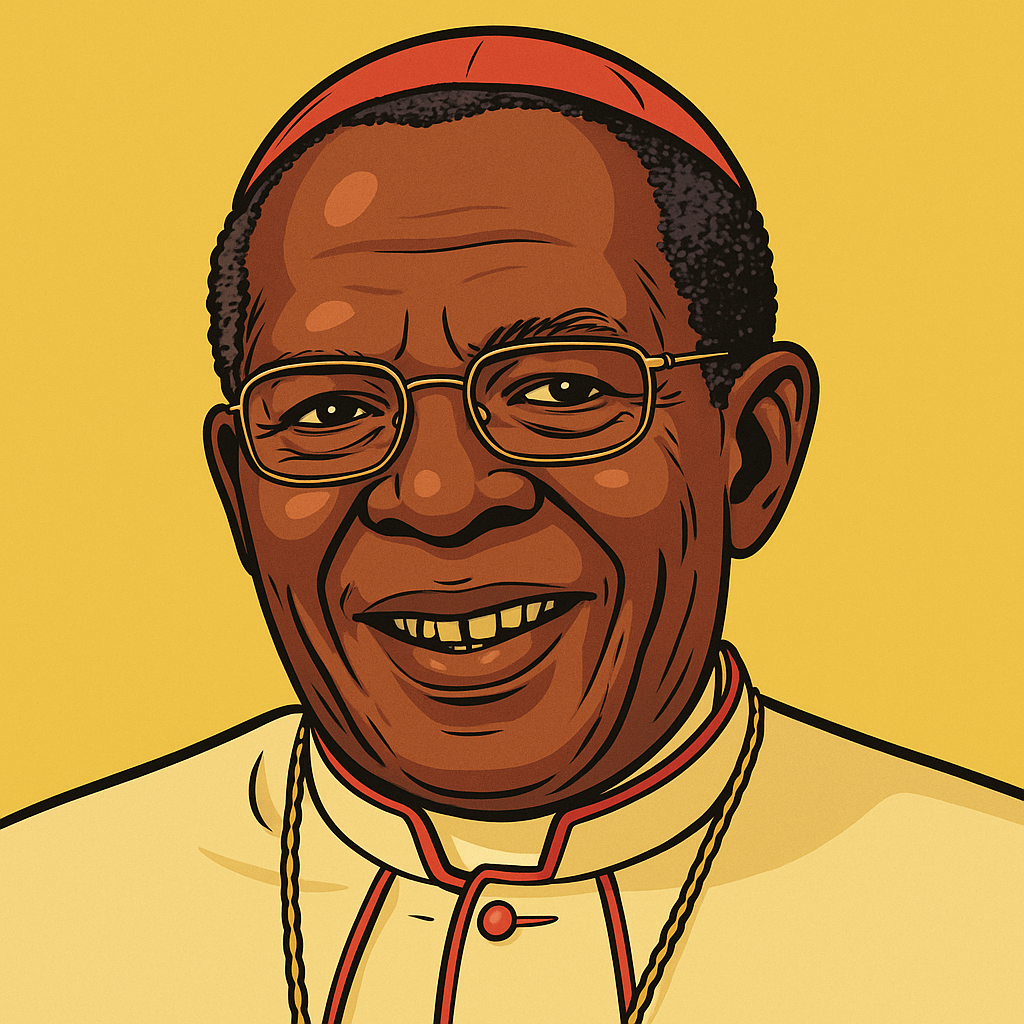
Kenya
Kenyan cardinal, Archbishop Emeritus of Nairobi, known for his conservative positions on moral issues and his leadership in the growing African Church.

Italy
Italian cardinal, Archbishop of Florence, known for his conservative doctrinal positions and intellectual work, while remaining engaged in pastoral dialogue.